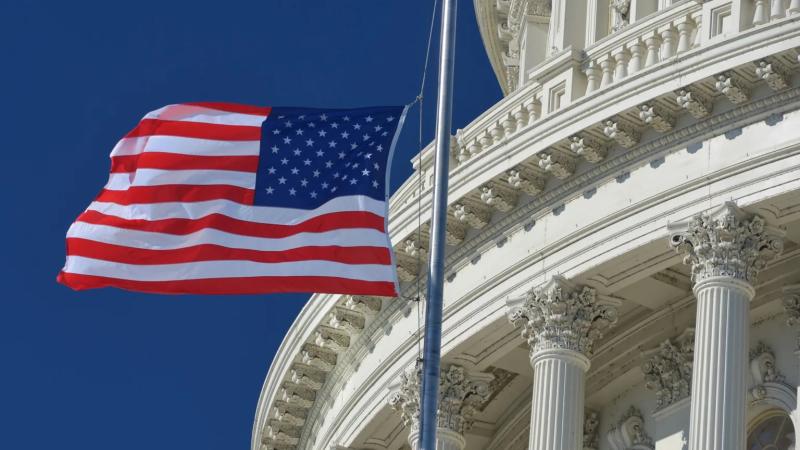U.S. House staffers are told they must subscribe to ChatGPT Plus if they want to use the generative AI tool in their work.
Given that generative artificial intelligence models are based on the voracious ingestion of content, the preservation of privacy when using AI tools remains a significant concern for corporate and global leaders. Today, the Chief Administrative Office of the U.S. House of Representatives limited the use of OpenAI's ChatGPT by congressional staffers.
According to a report by Axios, staffers have been instructed to only use the paid version of OpenAI's ChatGPT tool.
"House offices using the ChatGPT artificial intelligence (AI) chatbot are only authorized to use the ChatGPT Plus version of the product," Chief Administrative Officer Catherine Szpindor wrote in a letter to staff members.
ChatGPT Plus is the $20 monthly subscription version of the popular chatbot. ChatGPT Plus gives access to the more powerful GPT-4, released in March, as well as the default GPT-3.5.
According to Szpindor, ChatGPT Plus has been provisionally authorized by the Committee on House Administration under specific conditions, including research and evaluation and use with non-sensitive data.
"For example, do not paste into the chat bot any blocks of text that have not already been made public," Szpindor wrote.
Staffers using ChatGPT Plus must use specific privacy settings, including enabling two-factor authentication and disabling chat history and training.
OpenAI rolled out new privacy features in April after the chatbot was banned in several countries, including Russia, China, Iran, and Syria. Italy also banned ChatGPT, citing privacy concerns, but reversed course after ChatGPT's privacy update.
ChatGPT users can now turn off chat history, allowing you to choose which conversations can be used to train our models: https://t.co/0Qi5xV7tLi
— OpenAI (@OpenAI) April 25, 2023
But while OpenAI has worked to improve privacy, companies, including Apple and Samsung, have outright prohibited the use of ChatGPT for corporate business.
"No other versions of ChatGPT or other large language models Al software are authorized for use in the House currently," Szpindor said, adding that ChatGPT is not authorized to be incorporated into any regular workflow.
Szpindor referred those interested in researching or evaluating ChatGPT Plus to the House Digital Service AI Advisory Group.
On Tuesday, a bipartisan bill was introduced that, if passed, would establish a federal commission on artificial intelligence.
The bill, H.R.4223, calls for a 20-member commission, including government, computer science, and tech representatives, to develop a comprehensive regulatory strategy.
The Chief Administrative Office has not yet responded to Decrypt's request for comment.
